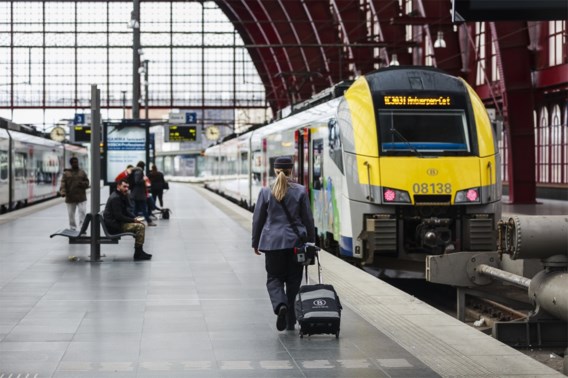To improve the comfort of its passengers, Belgian railway company SNCB will improve the 4G connection in its carriages, La Libre reports.
A few years ago, SNCB decided to not install wifi in its carriages for financial reasons. But based on the analysis of the Belgian Institute for Postal Services and Telecommunications (BIPT) it is possible to provide a stronger 4G connectivity on rail journeys.
"Today, with an average probability of connection in trains of 98.2% and an average download speed of 55 Mbps, the results for connectivity in trains have been very good," SNCB explained. "The tests were carried out on 2,200 km of rail lines, 800 calls and 5,300 data tests included."
Related News
- Belgium gives extra €82 million to support SNCB and Infrabel
- Publishing house donates over 1,000 books for SNCB’s little libraries
- Two for one: Belgian rail relaunches Duo Tickets
However, the analysis of BIPT further explains there is a weaker signal in older trains and double-deckers (the analysis was conducted on mainline trains (IC), not on shorter routes). Trains that often pass through less populated zones suffer from weather conditions, giving the same result of weak mobile reception. "The reception of the GSM signal inside the trains can be significantly improved," SNCB acknowledged.
"The comfort is included as an essential element of the customer experience," Federal Mobility Minister Georges Gilkinet said. "The possibility of using computers, tablets and smartphones must be improved in stations and on trains. It is therefore important that we have windows that do not hinder connectivity."
Reduce coating thickness
Last year, SNCB announced it would reduce the thickness of its protective window coating, which makes it possible to regulate the temperature inside the carriages. This film coating will be removed to improve mobile connectivity.
"This technique involves laser-cutting part of the metal layer on the windows," SNCB added. By the end of the year, the technique should be applied to M6 trains, the double-deckers that travel between major cities.
In some parts of the country, however, the internet connection in trains will likely remain unstable.

